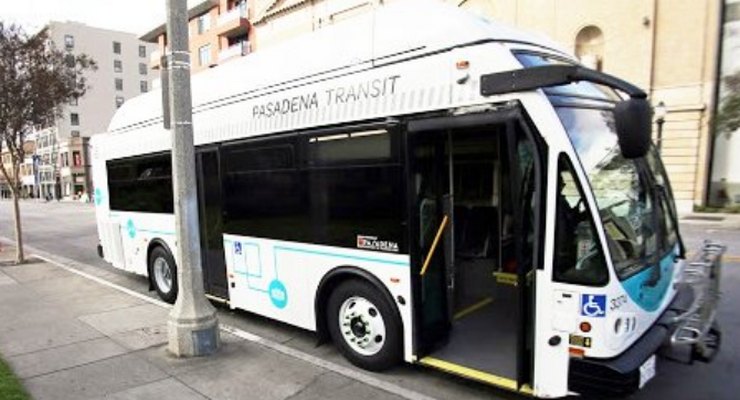
Accessory Dwelling Unit (ADU) Zoning Code regulation amendments that could spur construction by loosening some restrictions and adding Junior ADUs went before the Planning Commission during a study session on Wednesday.
With the shortage of affordable housing options in California, the State legislature has passed numerous bills over the years which lifted regulations that may otherwise limit ADU size, location, zone or other development capacities related to ADUs.
The city last amended the ADU ordinance in 2017 to comply with AB 2299 and SB 1069 and in 2018 to conform with State law related to maximum ADU unit size and the Residential Impact Fee for covenanted affordable ADUs.
In recent years, the legislature has continued to amend State law related to ADUs, yet the City’s current ADU ordinance has not been updated since 2018. Bills that became effective recently include AB 2221 and SB 897.
At Wednesday’s meeting, the Planning and Community Development Department discussed the existing Zoning Code regulations pertaining to ADUs as well as potential code amendments that are necessary to comply with State laws.
Proposed amendments include allowing junior accessory dwelling units (JADUs) and allowing up to two detached ADUs and one JADU for existing or proposed multifamily buildings.
JADU is another unit in addition to an ADU. The difference between a JADU and an ADU is that JADU cannot exceed 500 square feet.
Staff is also proposing to eliminate lot coverage limits and minimum lot size requirements, remove owner-occupancy requirements for ADUs until January 1, 2025, reduce setback requirements and increase height limits, update the exemptions to the parking requirements, eliminate the requirement for replacement parking when a garage is converted and allow ADUs that were constructed prior to 2018 to be permitted without complying with current building standards.
Commissioner Julianna Delgado gave suggestions on the permitting process. “I think it would be helpful since you know who has applied to somehow communicate with these people.”
She also asked staff to look at the possibility of including a dedicated inspector that will look over the plans.
“There seems to be a disconnect between the permitting process and the inspection process,” said Delgado. “It might be helpful if you have a dedicated inspector to look over plans and see where maybe there’s an error or a glitch between plan check and inspection, that might help streamline too.”
Commissioner Rick Cole for his part said a key element of the ADU review is a sit-down with the applicant’s architect or representative when the plans are returned.
“If you sit down and have an understanding of why you need to correct this and a little bit of discussion back and forth about what it would take to correct it then I think you might completely eliminate in many cases the third review.”
Commissioner David Coher suggested a parking system for ADUs.
“I would like to see something with regards to a parking system for ADUs,” Coher said. “I think we need to be realistic about having something in place so as to make ADUs feasible.”
Commissioner Steven Olivas for his part pointed out the huge number of people who were not able to secure ADU permits in recent years and asked staff to look at new policies that could be implemented to help them secure them successfully.
In 2021, the City implemented an e-Permitting system for ADU applications. This review is concurrent with eight departmental reviews.
“This means a shortened review process for applicants,” Guille Nunez, City Senior Planner, said.
According to Nunez, it takes an average of 148 days from the submission of an application for someone to get a permit.
According to the Planning and Community Development Department’s report, in 2021, 299 individuals submitted ADU applications. A total of 200 of them were able to secure permits. In 2022, the city received 338 ADU applications. Only 111 of them successfully secured permits.
“As of yesterday, the number of ADU applications we’ve received in 2023 is 68,” said Nunez.
The Planning and Community Development staff will return to the Planning Commission for review of the proposed amendments and recommendation to the City Council.
Once adopted, the City must submit a copy of the ordinance to the California Department of Housing and Community Development within 60 days.














 1 comment
1 comment


